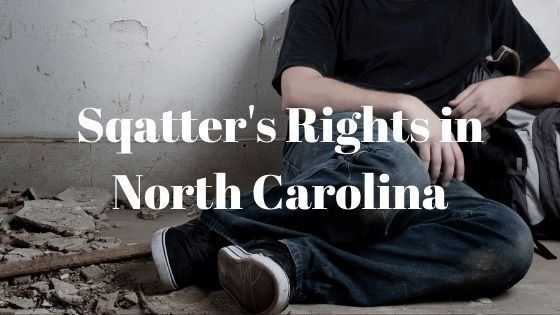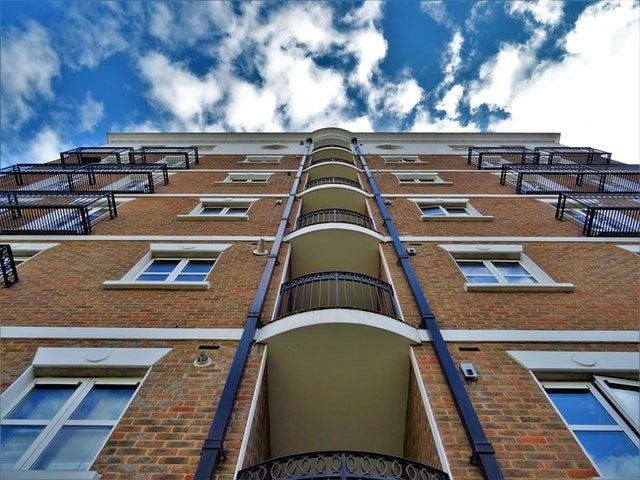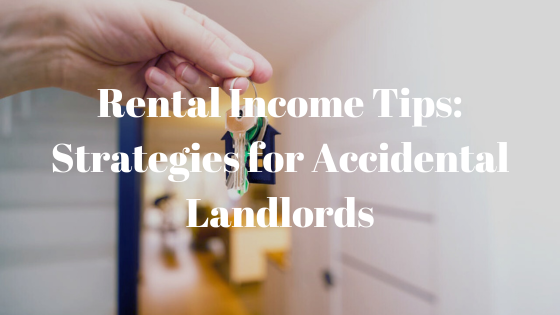Squatter's Rights North Carolina

As a property owner in North Carolina, you should be aware of squatters. Squatters in North Carolina, just like those in other states around the country, do have rights. Squatters’ rights in North Carolina, also called adverse possession rights, allow a squatter to gain legal possession of the property after meeting certain requirements.
One such requirement is being able to occupy a property for 20 years. This entire period must not be interrupted in any way. Even leaving for weeks can invalidate their adverse possession claim.
In this article, we’ll take you through everything you need to know about squatters’ rights in North Carolina. From learning about adverse possession to getting rid of squatters, we’ll help you keep squatters away from your real estate property.
Who is a squatter?
First things first – who is a squatter, exactly? The state of NC defines a squatter as someone who occupies a property without lawful permission. Often, they occupy a vacant property, or one that's abandoned or foreclosed.
It also goes without saying that the squatter has no obligation to pay rent. But as sad as this may seem, squatting is rather commonplace in the country.
Eventually, squatters can gain possession of the property. As the owner of the North Carolina property, this is bad news for you!
Who is a trespasser?
Squatting and trespassing are two different terms that are often confused to have the same meaning. Squatting is civil in nature, whereas trespassing is a criminal offense. Squatting only becomes illegal trespassing if the owner chooses to evict the squatter from their property.
In addition, a squatter occupies a property with the intention of eventually gaining legal ownership of the property. On the other hand, ownership of the property is not the goal in trespassing.
What is North Carolina adverse possession?
A squatter may be able to make a legal claim to property ownership and gain adverse possession of the property after meeting certain requirements. This is the most important element of North Carolina squatters rights.
The requirements are as follows:
- Continuous Possession. A squatter must be living on the property for 20 years in order to make an adverse possession claim. Continuous possession means the entire period must be uninterrupted during their stay. (N.C. Gen. Stat. § 1-38, et seq; 1-17 (2015)).
- Exclusive Possession. Exclusive possession means that the trespasser must be the only one occupying the property.
- Open & Notorious Possession. The occupation by the squatters must be obvious to anyone. In other words, the squatters shouldn’t try to hide their occupation of the property.
- Actual Possession. Squatters must also be able to prove that they have been taking care of the property. They can prove through beautification efforts on the land and property. This is what actual possession refers to.
- Hostile Claim. In legal sense, ‘hostile’ takes on 3 different definitions that states may use. They are simple occupation, awareness of trespassing, and good faith mistake. Most states, however, go with the first definition: simple occupation. It defines ‘hostile’ as a mere occupation of land. The trespasser may or may not know who the property belongs to.
Does a squatter need color of title to make an adverse possession claim in North Carolina?
'Color of title' is a term that you’re bound to come across when researching about squatters’ rights in North Carolina. Basically, it means that the ownership of a property isn’t regular. The person claiming legal ownership may be missing one or more of the correct legal documents, such as an incorrect or invalid deed.
In some states, having color of title is a requirement to be able to make an adverse possession claim. But in NC, a squatter doesn't need color of title to claim adverse possession.
Do squatters in North Carolina need to pay property taxes?
In some states, payment of property taxes is a requirement when making an adverse possession claim. But that isn’t a requirement in NC; a squatter can claim adverse possession of your property without having to pay property taxes.
How do you remove North Carolina squatters from your property?
In North Carolina, no special laws exist when it comes to getting rid of squatters. As a property owner, you must go through the same process as when you're evicting a tenant for lease violations.
There are many eviction notices that you can use to initiate the eviction process. For squatters, though, you will probably want to choose the 10-Day Notice to Quit. The notice will give your tenant 10 days to either pay all outstanding rent or move out.
Some squatters may try to put up a defense against the eviction in order to buy more time. But statistically speaking, most will have their efforts go in vain. That’s because, with no legal paperwork, they will have absolutely no reason to occupy the land/rental property.
But even after a successful win in court, it’s only the sheriff that can get rid of a squatter from their real estate property. You cannot attempt to do so yourself, by:
- Changing locks on the premises.
- Shutting off utilities.
- Removing the tenant’s belongings.
Such actions are illegal and can land you a date in court. After a successful eviction, you’ll want to get what is known as a Writ of Possession. This is a legal document that serves as the squatter’s last warning to move out. It gives the sheriff the authority to forcefully remove the squatter from the premises after the notice period has expired.
How do you protect your property from squatters?
Prevention is better than cure – the adage couldn’t be truer in this regard! So what are some things you can do, as a property owner, to protect your property from squatters?
- Visit your unoccupied real estate property on a regular basis.
- Secure the perimeter of the property by putting up a fence if it has none.
- Secure all entrances to the home. You may even want to fit steel fittings to doors and windows.
- Make sure your roof has no access points. A squatter may be able to claim legal rights by entering open or previously vandalized entry-points.
- Consider installing an alarm system to help ward off potential intruders.
- Ask neighbors to be vigilant when you’re looking to be away for an extended period of time.
- Consider hiring a property management company to help you rent the property out to a tenant. Besides helping you find a tenant, a good company will also help you, a property owner, collect rent and look after the property on your behalf.
Disclaimer: This blog should not be used as a substitute for legal advice from a licensed attorney in your state. Laws frequently change, and this post might not be updated at the time of your reading. Please
contact us for any questions you have regarding this content, or any other aspect of your
property management needs.










